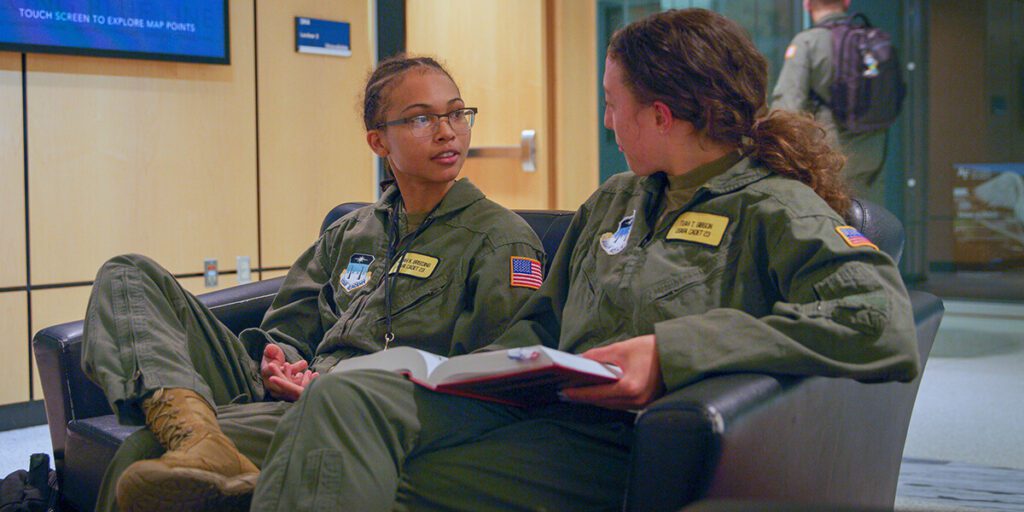Military Career Paths: Exploring Opportunities Beyond Combat
While combat roles are often the most visible and well-known positions within the military, there are a wide range of career paths available for those who want to serve their country in a different capacity. From cybersecurity to logistics to healthcare, the military offers a diverse array of opportunities for individuals with a variety of skills and interests. In today’s digital world, cybersecurity has become crucial, with roles in threat analysis, network security, and cryptography. Logistics ensures efficient transportation and management of personnel and supplies. Healthcare opportunities exist for medical professionals, while engineers work on diverse projects, and intelligence professionals gather and analyze information for military operations. The military offers a range of fulfilling career paths beyond combat roles.
Military Career Paths: Exploring Opportunities Beyond Combat
Introduction
While combat roles are often the most visible and well-known positions within the military, there are a wide range of career paths available for those who want to serve their country in a different capacity. From cybersecurity to logistics to healthcare, the military offers a diverse array of opportunities for individuals with a variety of skills and interests.
Cybersecurity
In today’s increasingly digital world, cybersecurity has become a critical concern for governments and organizations around the globe. The military offers a number of cybersecurity career paths, including roles in threat analysis, network security, and cryptography. These positions are vital for protecting military systems and infrastructure from cyber threats.
Logistics
Logistics is another essential component of military operations, ensuring that personnel, equipment, and supplies are transported and managed efficiently. Military logisticians work in roles such as transportation management, supply chain operations, and inventory control. These positions are crucial for maintaining the readiness and effectiveness of the armed forces.
Healthcare
The military provides a wide range of healthcare opportunities for medical professionals, including doctors, nurses, and therapists. Military healthcare providers serve in a variety of settings, from hospitals and clinics to field hospitals in combat zones. They play a crucial role in caring for service members and their families, as well as providing medical support during overseas deployments.
Engineering
Engineers in the military work on a diverse range of projects, from designing and building military infrastructure to developing new technologies and weapons systems. Military engineers may specialize in fields such as civil engineering, mechanical engineering, or electrical engineering, and work on projects ranging from road construction to missile defense systems.
Intelligence
Military intelligence professionals play a crucial role in gathering and analyzing information to support military operations and decision-making. Intelligence analysts, cryptologists, and imagery analysts are just a few of the roles within the military intelligence community. These positions require strong analytical skills and the ability to work with classified information.
Conclusion
While combat roles may be the most well-known within the military, there are a wide range of career paths available for individuals who want to serve their country in a different capacity. From cybersecurity to logistics to healthcare, the military offers a diverse array of opportunities for individuals with a variety of skills and interests. Whether you’re interested in technology, healthcare, engineering, or intelligence, there is likely a role within the military that aligns with your career goals and aspirations.
